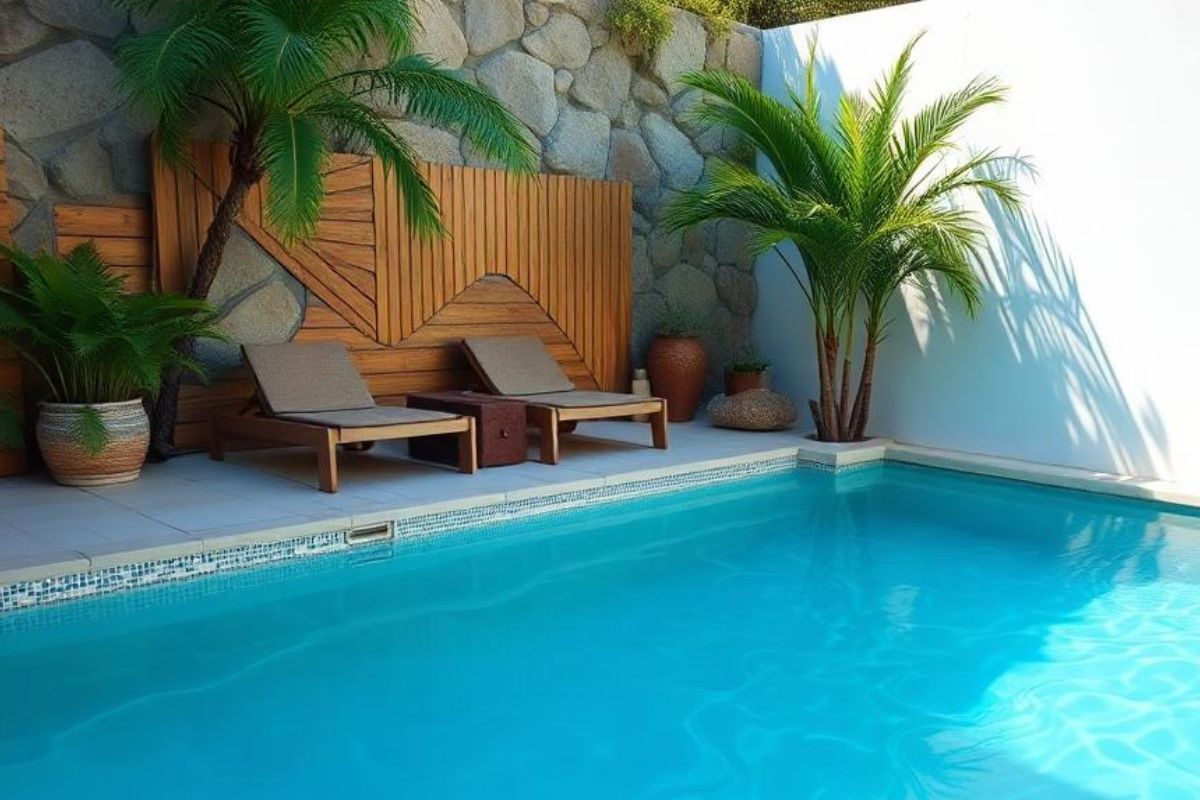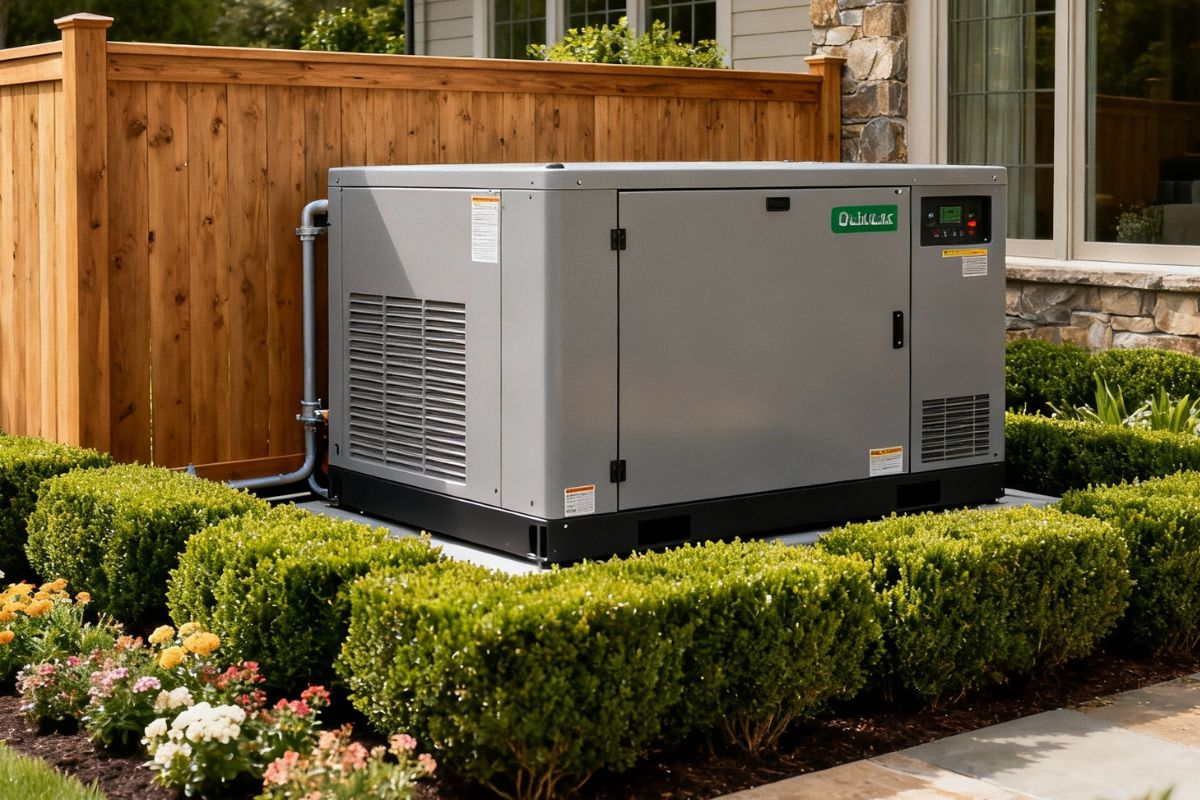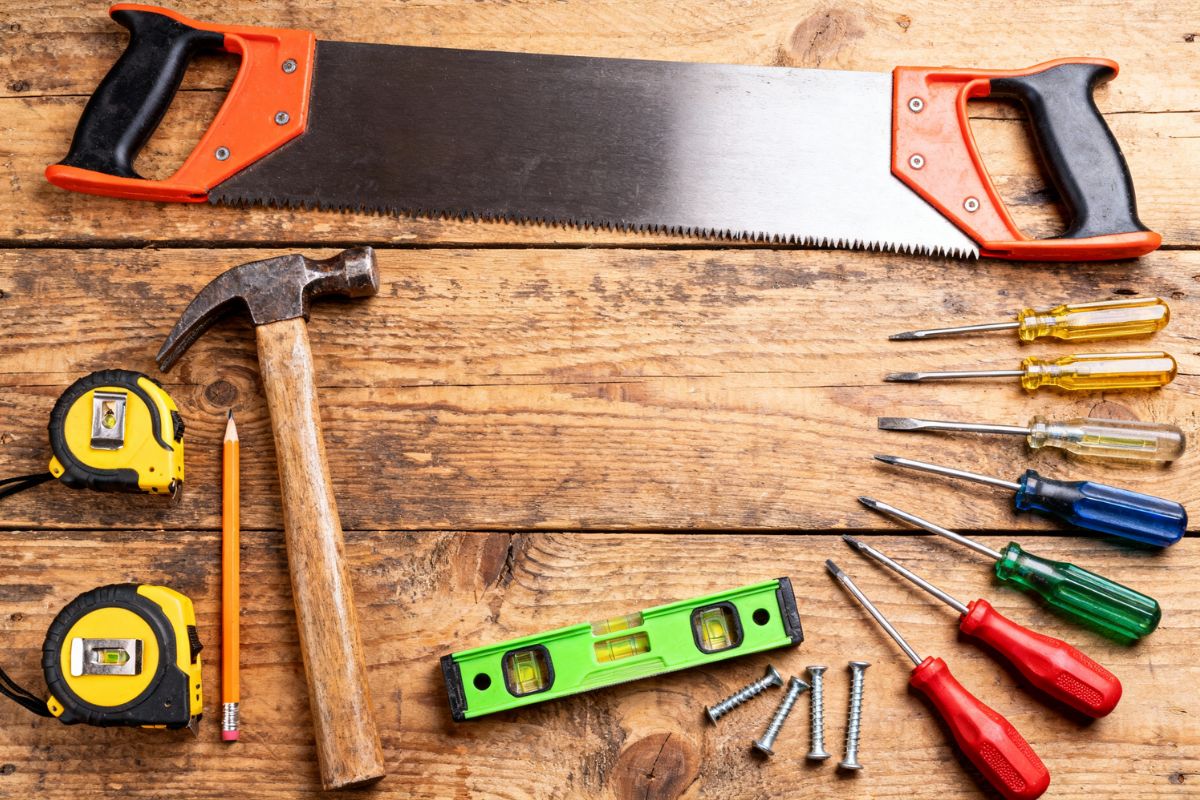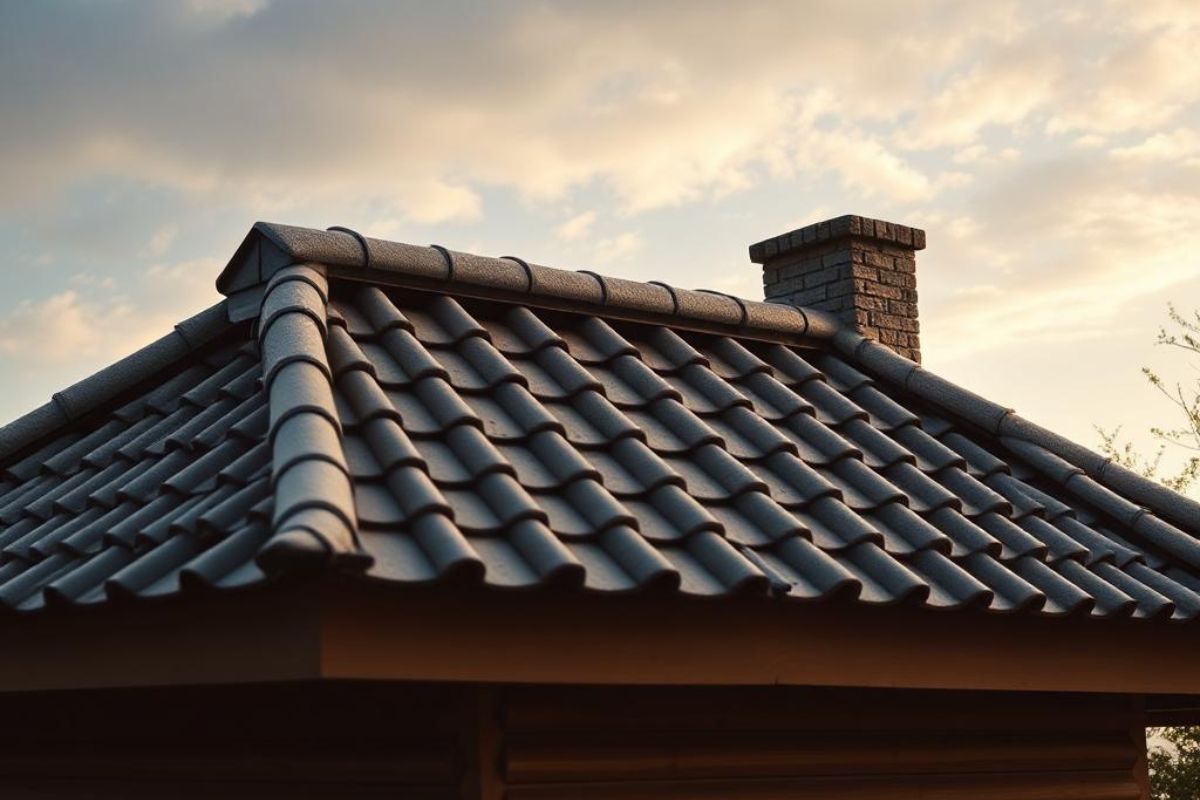A screen enclosure can completely transform your outdoor living space—keeping insects away, improving privacy, and enhancing the aesthetic of your patio or pool area. But to get a durable, high-quality screened structure that stands up to Florida's humidity, storms, and sun exposure, selecting the right contractor matters more than most homeowners realize.
Below are key steps to help you confidently choose a trustworthy installer and avoid costly mistakes.
Research Pool Enclosure Installers in Florida
Start your search by looking specifically for pool enclosure installers in Florida. Contractors familiar with regional building codes, hurricane-resistant aluminum structures, and local permitting processes provide a significant advantage.
Don't rush this stage—take time to explore websites, check Google reviews, and browse photos of completed screened pool installation projects. Confirm whether companies are state-licensed and insured. Florida requires specific licensing for structural aluminum work, so don't rely on verbal assurances.
And while years of experience aren't everything, a contractor who has weathered multiple storm seasons and built dozens of aluminum patio enclosure projects will usually deliver more reliable artistry.
Look for installers who proudly share project galleries and customer testimonials rather than those who only offer quick quotes without transparency. Midway through your research, you'll likely identify a trustworthy screen enclosure installation company that aligns with your expectations, but keep exploring options to compare quality and service approaches.
Understanding Screen Enclosure Cost
As you gather quotes, you'll notice that the cost of screen enclosures varies widely among Florida companies. The final price isn't just about the size of your enclosure—multiple factors influence screen cage pricing, including:
-
Material type & grade: Higher-grade aluminum and premium mesh (like No-See-Um or pet-resistant screen) increase longevity and cost.
-
Enclosure height & configuration: A panoramic roof, two-story enclosure, or custom shapes will cost more than standard layouts.
-
Foundation & structural supports: Reinforced beams for hurricane zones and slab preparation affect pricing.
-
Permitting & engineering: Structural drawings and county permits add fees but ensure code compliance.
Avoid quotes that seem too low. Bargain offers often skip critical reinforcements or use cheaper aluminum that bends and corrodes faster. Instead, request detailed written estimates from several contractors and compare them line by line. A good installer will explain material differences, labor breakdowns, and optional upgrades rather than pressuring you into rushed decisions.
Transparency is key. Reputable companies provide transparent pricing and highlight potential extras upfront, allowing you to budget confidently without surprise charges mid-project.

Image Source: Screen Factory Florida
Compare Designs & Materials
Not all screened structures are created equal. During your enclosure design consultation, ask about aluminum thickness, mesh options, and design styles. Standard extruded aluminum works for most homes, but thicker structural aluminum is recommended in high-wind regions or for oversized spans.
Mesh varieties also differ significantly. Bare fiberglass is economical, but premium screens offer enhanced durability, UV resistance, or mosquito protection. If you live near water or wooded areas, upgrading to a tighter weave mesh makes a noticeable difference.
Consider aesthetics, too. A modern flat-paneled roof delivers a sleek look, while a dome or gable roof can create a more open feel. Think beyond standard white—bronze aluminum frames that blend beautifully with contemporary homes and feel upscale.
Homeowners prioritizing privacy or energy efficiency can also explore tinted screen panels, privacy screens, and insulated aluminum roof options. These upgrades can reduce heat, soften sunlight, and help your outdoor space remain comfortable year-round.

Image Source: Screen Factory Florida
Review Warranty & After-Service Support
Strong warranties signal the manufacturer's confidence and the installer's commitment. Look for companies offering lifetime aluminum warranties and multi-year mesh guarantees. Ask what's covered—corrosion, structural defects, and screen tears?
Beyond warranties, evaluate after-installation service. Florida's storms can easily damage screens or frames, so choose a company that offers responsive repair service and maintenance programs. Periodic screen tightening, fastener replacement, and frame cleaning help preserve your investment and extend the life of your enclosure.
Avoid contractors who disappear after installation. Proactive customer care and long-term support are hallmarks of reputable companies, especially in climates where outdoor structures are constantly exposed to wind, salt air, and sun.
Project Timeline & Expectations
Understanding the installation timeline helps set realistic expectations. Most screened pool installation projects follow a similar process:
-
Design and measurement
-
Engineering and permitting
-
Fabrication of aluminum components
-
Site preparation and foundation checks
-
Frame assembly and screen installation
-
Final inspection
Depending on complexity and permit processing times, installation can take anywhere from one week to several weeks. Permit-heavy counties may require additional time. Ask your contractor for a realistic schedule, and make sure they explain what could cause delays—such as weather conditions or custom fabrication needs.

Image Source: Screen Factory Florida
To avoid surprises, clarify prep responsibilities early. Will you need to move patio furniture? Will landscaping be impacted? Are electrical fixtures involved? When expectations are clear upfront, the project flows more smoothly and reduces stress for everyone.
Final Thoughts
Choosing the right company to build your screen enclosure isn't simply about price—it's about durability, safety, and long-term peace of mind. By researching experienced installers, understanding screen enclosure cost, comparing material options, and paying attention to warranties and timelines, you can partner with a contractor who prioritizes craftsmanship and customer satisfaction.
A well-built enclosure doesn't just protect your outdoor area—it enhances your lifestyle, increases property value, and lets you enjoy Florida's sunshine with fewer bugs and more comfort. Take your time, ask the right questions, and invest in quality from the start.






Share: